Overclocking
We managed 4.3GHz on our Ryzen 9 3900X with Gigabyte's X570 Aorus Master, but with this motherboard we went a notch higher using our usual 1.425V as a limit, managing 4.35GHz across all cores and a clean stable sweep in our stress test and benchmarks. Sadly, this does seem to suggest that it's CPU limitations and not board limits that are resulting in meagre overclocking headroom with 3rd Gen Ryzen, though we would of course need multiple CPUs to verify this.
Performance Analysis
To start with we'll mention one issue we spotted not just with the Prestige X570 Creation but with all the X570 boards we've tested so far. We use a Sabrent EC-NVME M.2 enclosure to test the USB 3.1 Gen 2 ports, which usually generates speeds around 1,000MB/s. However, when testing ports run off the CPU (both CPU-powered and chipset-powered USB 3.1 Gen 2 ports are used on X570 boards), the drive failed to operate normally. On chipset-powered ports, though, it worked fine, which is decidedly odd. We've reached out to AMD and Sabrent who are in the process of investigating the issue, but as all the MSI Prestige X570 Creation's ports are CPU-powered (the internal header is chipset-powered), the drive wouldn't work properly on them, rebooting every few seconds. The same issue was experienced on the Gigabyte X570 Aorus Master's CPU-powered Gen 2 ports, but not on its chipset-powered ones, and we've experienced the same symptoms on Asus as well.
Teething issues aside, the single-core performance in Cinebench was identical to the Gigabyte board we used in our 3rd Gen Ryzen testing last week, with a score of 521, falling back to 507 once overclocked thanks to the fact manual all-core overclocking also kills those high boost frequencies. Still that's five points higher than the Gigabyte board, and overclocking also saw the multi-threaded test leap from 7,218 to 7,764, with the Blender render time cut by seven percent too.
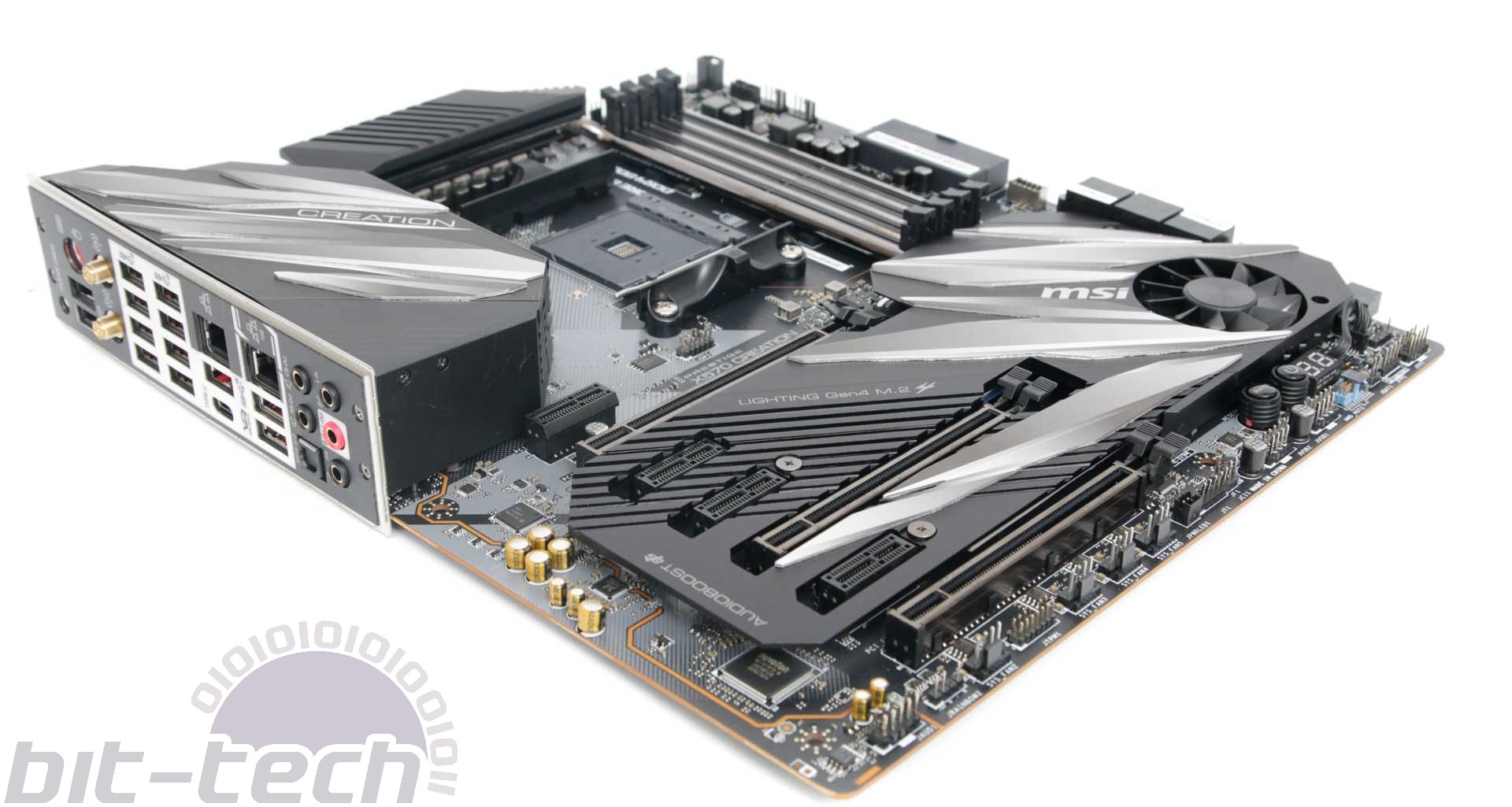
The audio performance was superb with a dynamic range of 118dBA and noise level of -118dBA along with a THD of 0.0029 pecent, which are some of the best results we've seen from a motherboard.
The Aorus PCIe 4.0 SSD put in some typically stellar numbers at 5,003MB/s read speed and 4,267MB/s write speed, making this board the best on test overall if only by a little.
The power consumption figures for the system as a whole were in line with other boards we've tested at 105W/107W at idle (stock speed/overclocked), rising to 253W/303W under load - again, within spitting distance of the Gigabyte X570 Aorus Master.
Conclusion
With the Ryzen 9 3900X offering HEDT CPU-smashing performance and its big brother set to do even more, there's a clear case for high-end motherboards that offer premium features and extra M.2 ports as well as good cooling for that toasty X570 chipset. Make no mistake: The Prestige X570 Creation is a premium motherboard, and it's not just PCIe 4.0 that pushes the price up. You get blazing fast networking with 10 Gigabit LAN and Wi-Fi 6 (802.11ax), excellent cooling and power delivery, top notch audio, and powerful means of controlling your system's cooling within the EFI or at a software-level. Its chipset fan also remained quiet throughout testing. While most cheaper X470 and X570 boards will serve you just as well if you're eyeing up the Ryzen 9 3900X or its 16-core sibling that's arriving in two months time, if you need these extra features as well, the Prestige X570 Creation is an excellent if pricey choice.


MSI MPG Velox 100R Chassis Review
October 14 2021 | 15:04

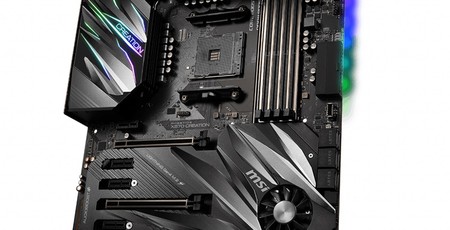
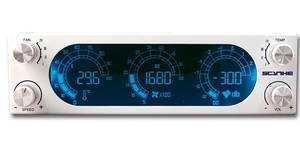
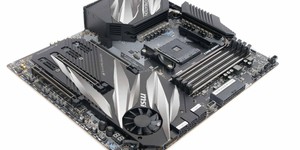
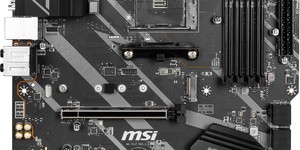




Want to comment? Please log in.